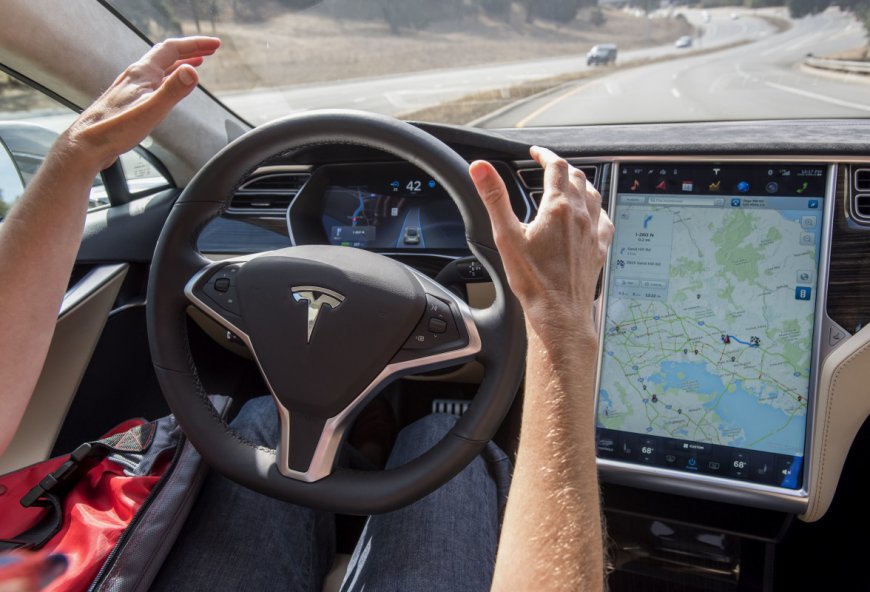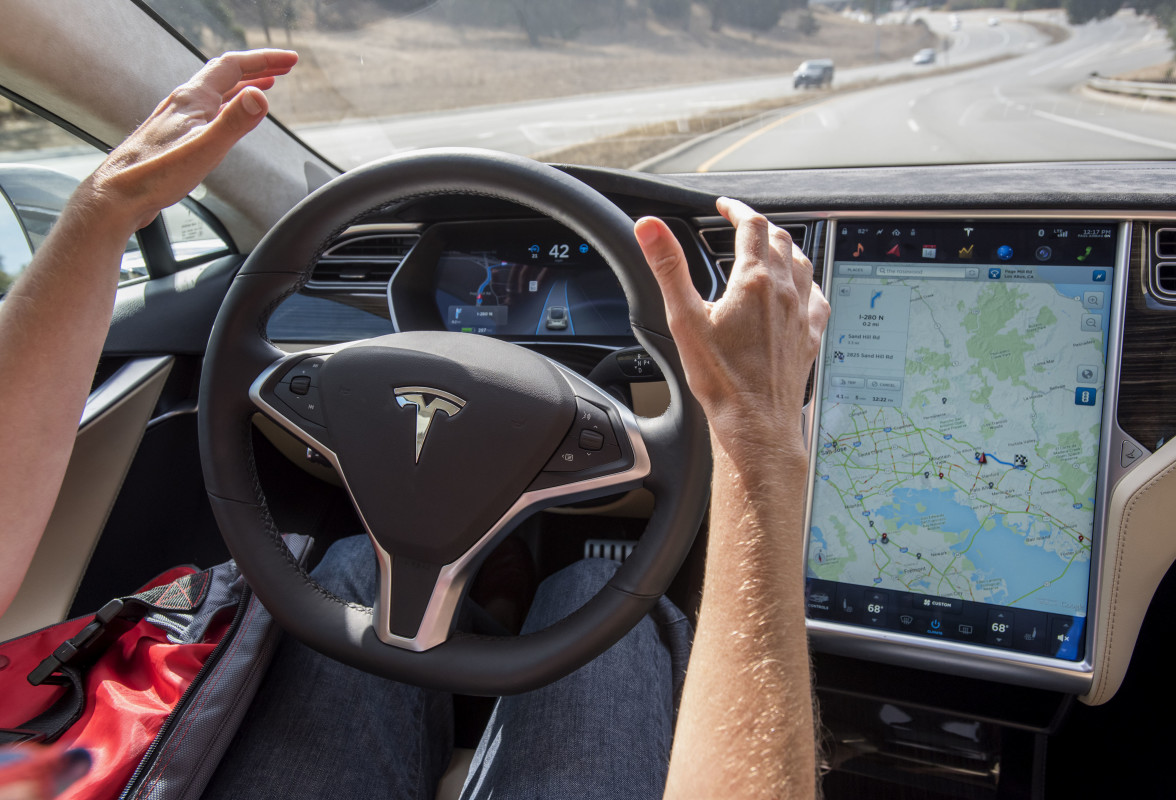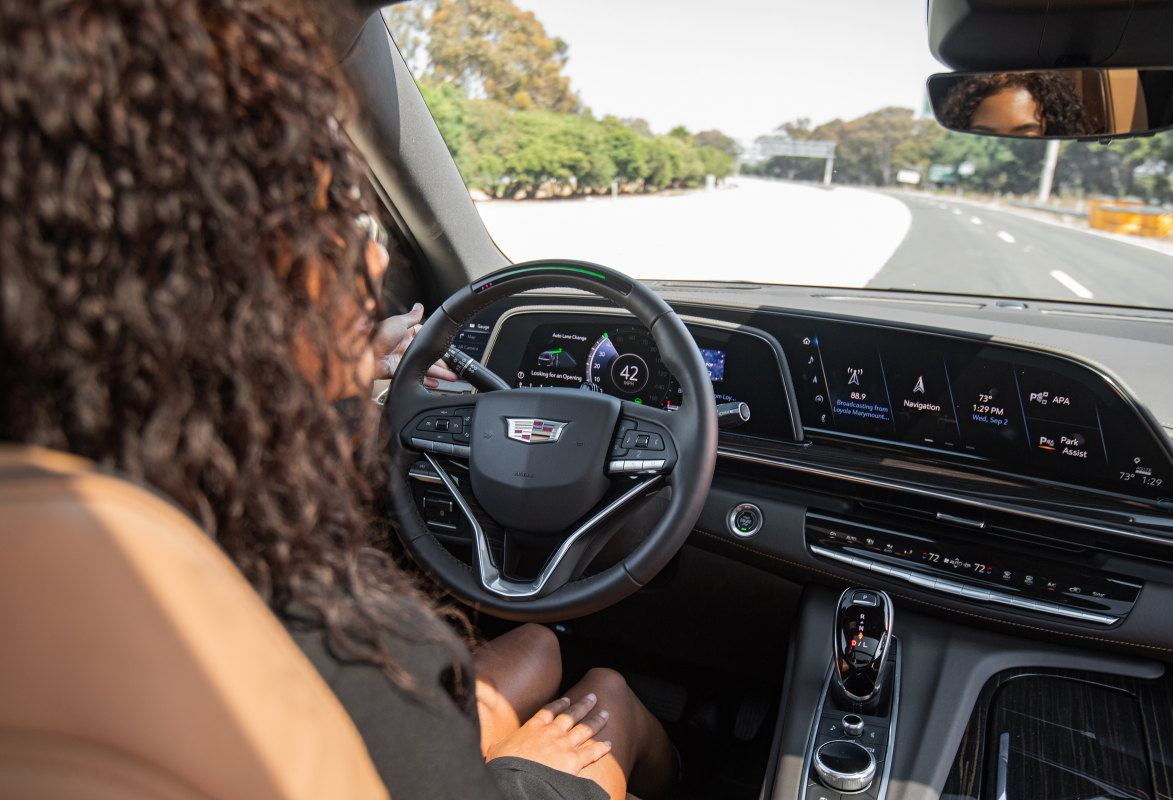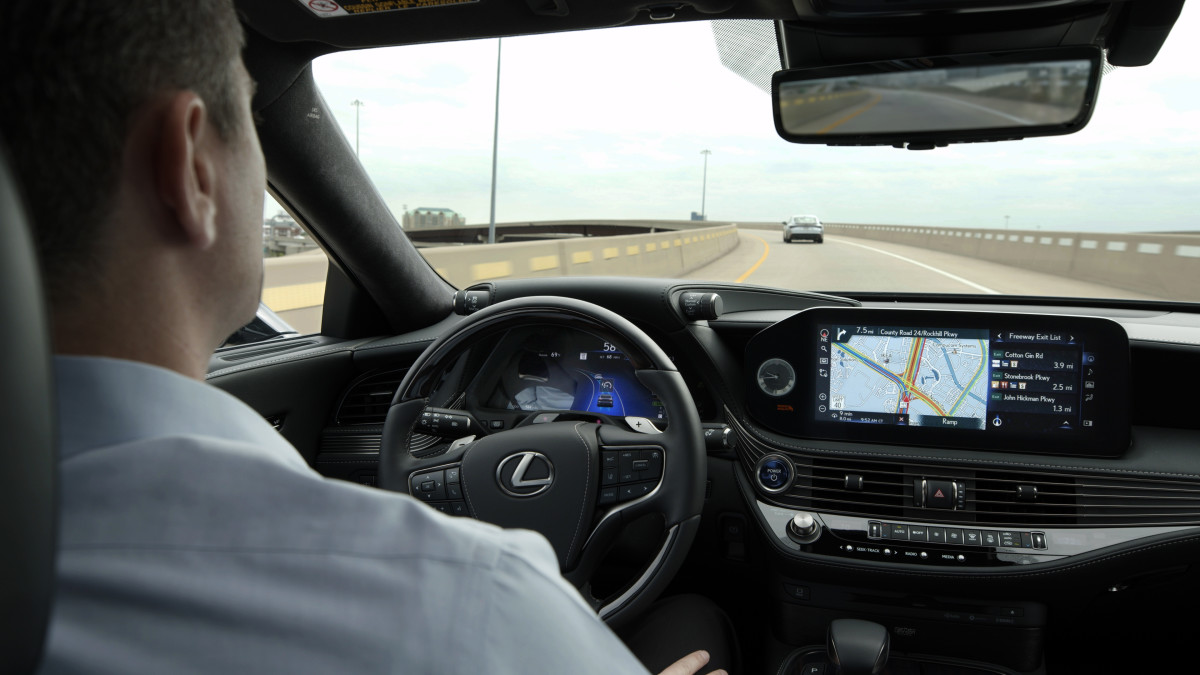Safety test for key in-car tech feature fails almost every automaker, even Tesla
This luxury brand's system scored the highest out of the 14 tested.

The automotive safety organization, the Insurance Institute for Highway Safety (IIHS) is continuously revamping the way it tests new cars for safety and has included a key piece of revolutionary in-car technology in its thorough agenda of safety testing.
Related: There's a dirty secret about Tesla Elon Musk doesn't want you to know
Recently, the IIHS began evaluating partially autonomous driving systems – a feature that has become a major selling point for automakers like General Motors and Tesla, as it promises effortless driving to its customers.
However, the Institute found many of such systems available on the market to fall flat of its strict guidelines.
The IIHS put 14 such systems from nine manufacturers through the ringer – including BMW, Ford, GM, Hyundai's Genesis brand, Mercedes-Benz, Nissan, Volvo and of course, Tesla. 
In its tests, the institute evaluated driver monitoring, attention, reminders, and emergency procedures in each vehicle on both test tracks and in actual streets with actual traffic, giving ratings to manufacturer's safety suites and individual features within them.
Testers looked at factors such as how drivers were monitored and reminded to actually pay attention to the road, as well as corrective action that the individual car's system took when drivers ignored such reminders.
In one such test, the institute evaluated certain scenarios and situations to see how each individual system reacts, such as blocking the driver's face, removing the driver's hands from the steering wheel, and having drivers simulate using a phone while driving to see if the safety features activated under said circumstances and alerted drivers. General Motors
Like its crash tests, the IIHS issued one of four ratings – Good being the best score, followed by Acceptable, Marginal, and Poor. Surprisingly, 11 out of the 14 systems tested were given a Poor rating, including Tesla's infamous autopilot and its optional $12,000 "Full Self Driving."
“The shortcomings vary from system to system,” said IIHS Senior Research Scientist Alexandra Mueller, in a statement. “Many vehicles don’t adequately monitor whether the driver is looking at the road or prepared to take control. Many lack attention reminders that come soon enough and are forceful enough to rouse a driver whose mind is wandering. Many can be used despite occupants being unbelted or when other vital safety features are switched off.”
Nissan's ProPilot Assist on the and GM’s Super Cruise were both rated “marginal,” while the highest score went to the Lexus Teammate system, with a score of Acceptable. Lexus
Though Lexus did score the highest, the IIHS is stopping short of calling it exactly "safe." IIHS President David Harkey feels that the tests showed that the industry can make changes to make things safer with some more time spent developing their systems.
“These results are worrying, considering how quickly vehicles with these partial automation systems are hitting our roadways,” Harkey said. “But there’s a silver lining if you look at the performance of the group as a whole. No single system did well across the board, but in each category at least one system performed well. That means the fixes are readily available and, in some cases, may be accomplished with nothing more than a simple software update.”
Related: Veteran fund manager picks favorite stocks for 2024
What's Your Reaction?



























































